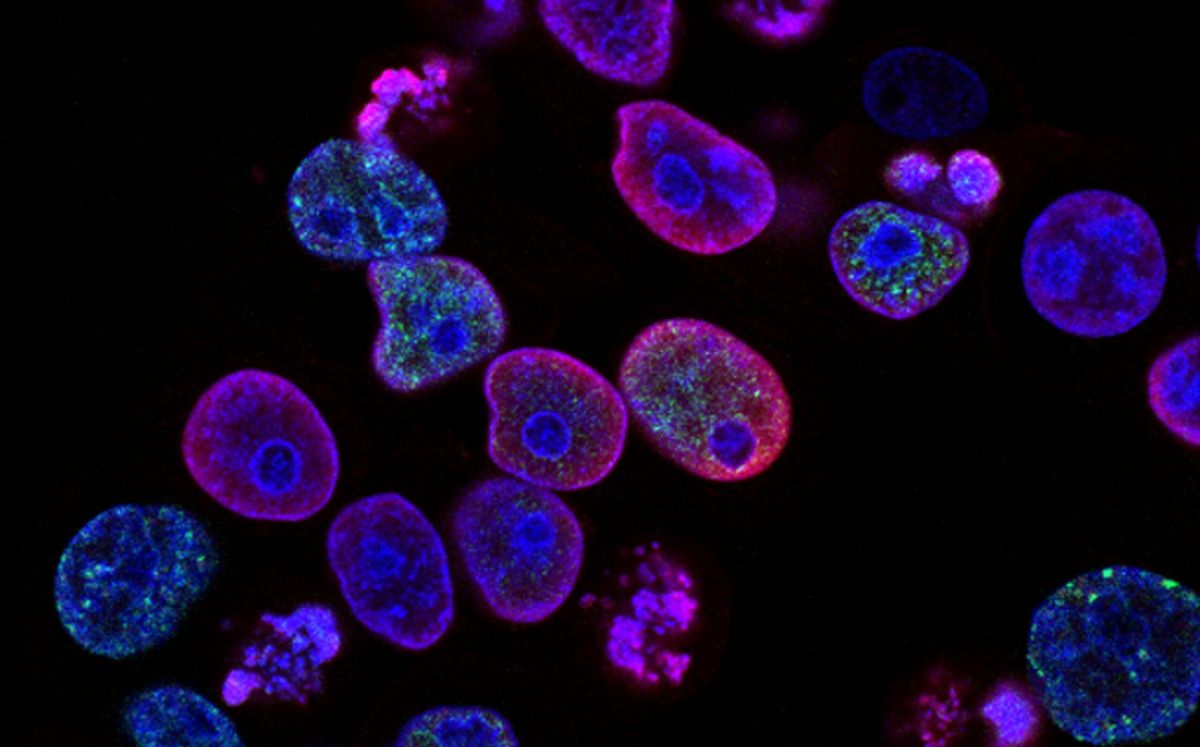UoM researchers join team investigating cancer survival rates
By Zahra Salimi

The University of Manchester is set to take part in a new multidisciplinary study aimed at exploring why cancer survival rates differ among patients and lead to a variety of post-treatment conditions.
The new research is funded by three-time cancer survivor and the CEO and founder of Continuum Life Sciences, Dr. James Hull. The team consists of researchers from the universities of Manchester, Surrey, Oxford, Cardiff, Swansea, Nottingham, and the Royal Surrey County Hospital.
The main focus of the Continuum Long-term Survival study is patients who have terminated their cancer treatment successfully and remained cancer-free for a minimum of five years since.
The researchers are using a non-invasive analysis technique to further investigate whether these patient’s immune systems or tumour cells have a unique feature which allowed them to survive cancer and improved their chance of non-reoccurrence.
Researchers are hoping that this could lead to a potential improvement in immunotherapy treatment and aid other patients to remain cancer-free post-treatment.
Professor Dan Davis, from the University of Manchester, commented on the study: “This is an innovative and exciting study. Funding for unorthodox approaches like this can sometimes be difficult to achieve, so James Hull’s backing is welcome. It will give us an unprecedented opportunity to develop our understanding of why some people with cancer, after treatment, have better outcomes than others.
“And bringing together such a diverse group of clinicians and scientists is exciting. Breaking down barriers and engaging in interdisciplinary research gives us every chance of answering questions whose solutions are beyond the scope of a single discipline.”
Additionally, James Hull, the funder of the study, said: “I am very grateful to be a cancer survivor and wholeheartedly thank all those involved in my treatment journey.
“I want to find out everything we can about this devastating illness to spare future generations the difficulties I have gone through in my fight against cancer.”
If you fit the criteria for this study and would like to take part, please email [email protected] or call the freephone number 0800 144 8488.







